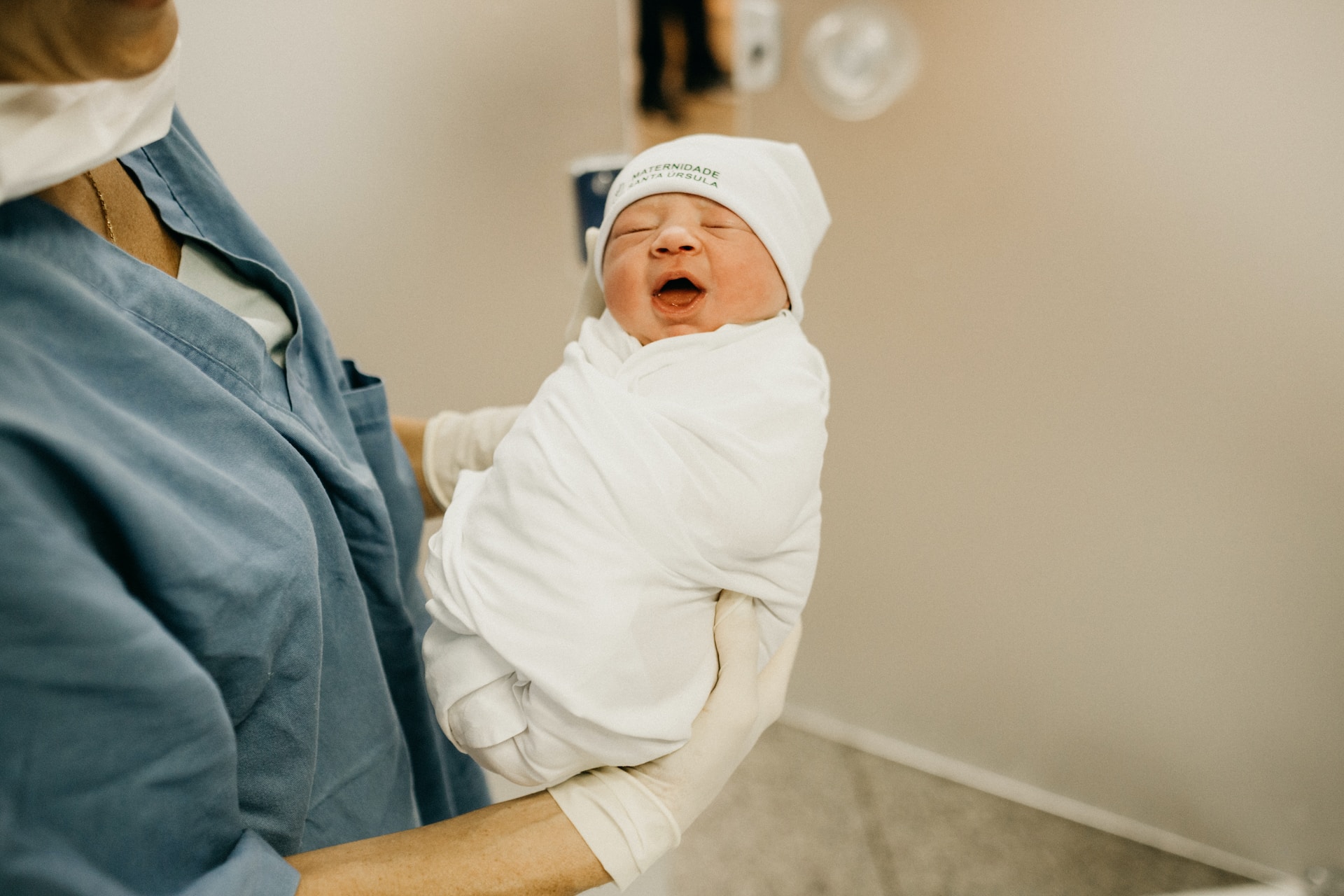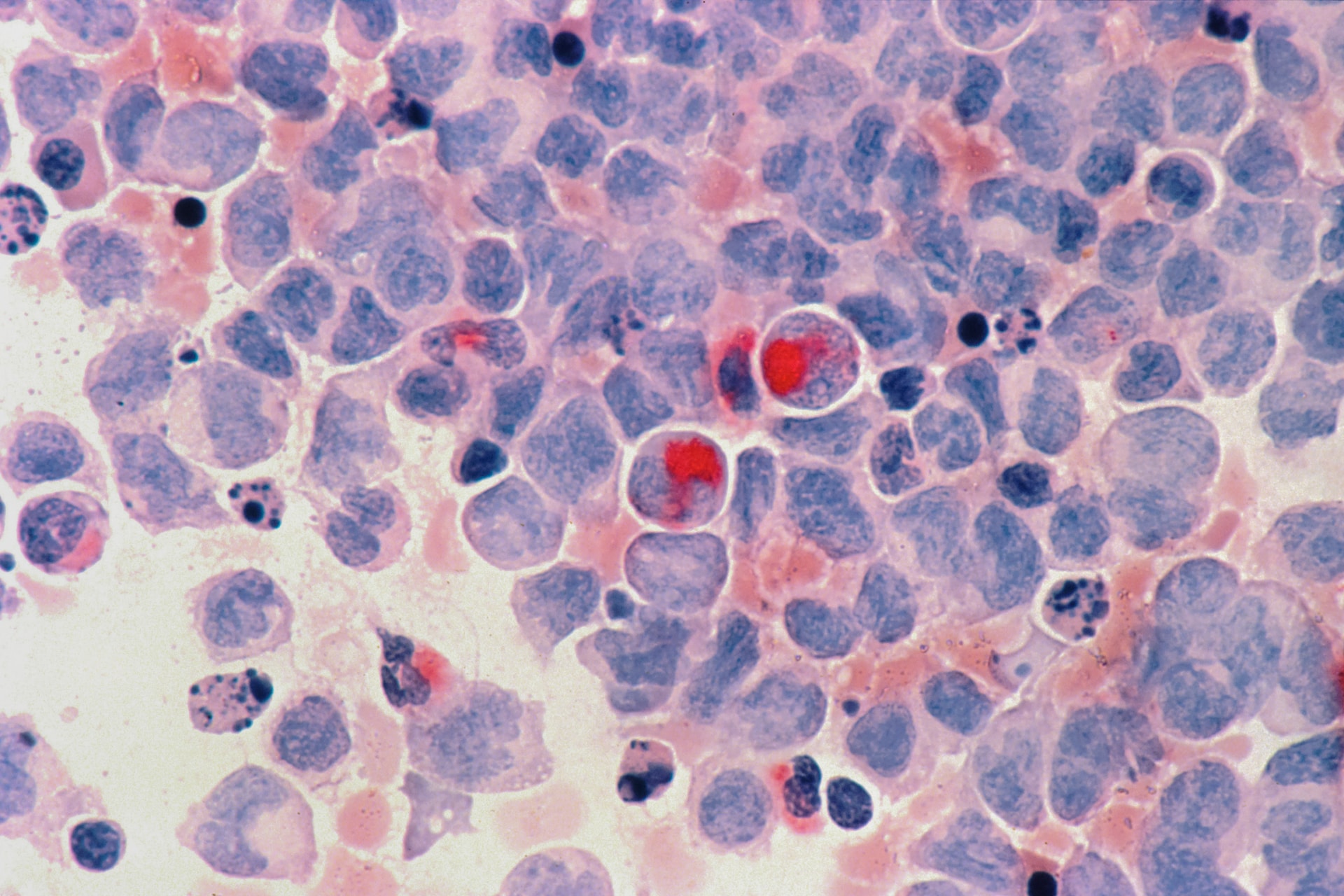Physical Health Benefits
- Heart Health: Regular exercise strengthens the heart, reduces the risk of heart disease, and lowers blood pressure. It improves circulation, ensuring that oxygen and nutrients reach every part of your body efficiently.
- Weight Management: Exercise burns calories, making it an essential tool for weight loss and weight maintenance. It also boosts metabolism, helping you shed unwanted pounds and keep them off.
- Stronger Muscles and Bones: Weight-bearing exercises like resistance training and weightlifting help build muscle mass and increase bone density. This is particularly important as we age to prevent conditions like osteoporosis.
- Improved Flexibility and Balance: Activities like yoga and stretching exercises enhance flexibility and balance, reducing the risk of falls and injuries.
- Enhanced Respiratory Function: Regular physical activity improves lung function and capacity, making it easier to breathe and increasing endurance.
Mental Health Benefits
- Stress Reduction: Exercise triggers the release of endorphins, natural mood lifters that reduce stress and anxiety. It can also help you better cope with stressors in your life.
- Better Sleep: Regular physical activity promotes better sleep patterns, improving the quality and duration of your rest.
- Boosted Cognitive Function: Exercise has a positive impact on cognitive function, including memory, attention, and problem-solving skills. It may reduce the risk of cognitive decline as you age.
- Enhanced Mood: Physical activity stimulates the release of neurotransmitters like serotonin and dopamine, which contribute to a more positive outlook and reduced risk of depression.
Lifestyle Benefits
- Increased Energy: Regular exercise increases your energy levels, making everyday activities more manageable and enjoyable.
- Greater Longevity: Exercise has been linked to a longer, healthier life. It reduces the risk of chronic diseases and enhances overall vitality.
- Social Engagement: Participating in group activities or fitness classes can lead to social connections and a sense of community, promoting mental well-being.
Tips for Getting Started
- Start Slow: If you’re new to exercise, begin with activities that you enjoy at a moderate intensity. Gradually increase the duration and intensity over time.
- Make It Enjoyable: Find activities you love, whether it’s dancing, hiking, swimming, or playing a sport. When you enjoy what you’re doing, you’re more likely to stick with it.
- Mix It Up: Incorporate a variety of exercises to prevent boredom and target different muscle groups.
- Set Realistic Goals: Define clear, achievable fitness goals to keep you motivated.
- Stay Consistent: Consistency is key. Aim for at least 150 minutes of moderate-intensity exercise or 75 minutes of vigorous-intensity exercise per week, along with strength training exercises on two or more days.
Conclusion
The benefits of regular exercise extend far beyond physical appearance. Exercise is a potent elixir for a healthier, happier life. It strengthens your body, invigorates your mind, and enhances your overall well-being. So, lace up those sneakers, find an activity you love, and embark on a journey to a healthier, more vibrant you. Your body and mind will thank you for it.






